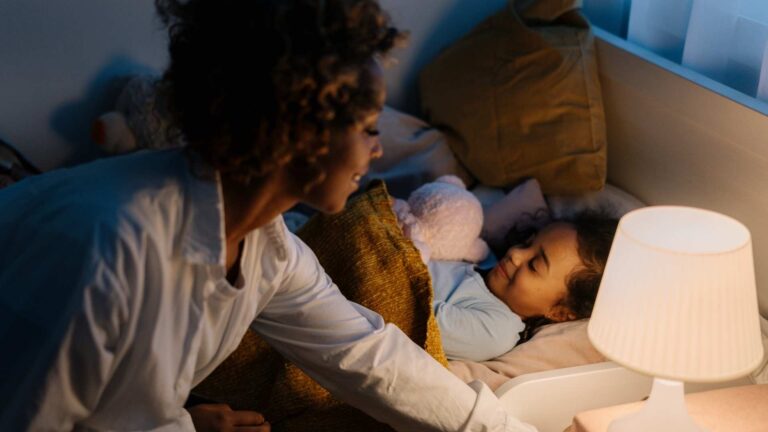When seeking Applied Behavior Analysis or ABA therapy for your child with autism spectrum disorder (ASD), your program will include treatment plans established by a Board Certified Behavior Analyst (BCBA) to ensure your child receives suitable and effective treatment. But what is BCBA, and what do they do for ABA Centers of Washington?
BCBAs are essential in ensuring your child’s care program is meaningful and relevant to their life goals. Additionally, they support families through their child’s therapy to create better days for everyone.
While no cure for autism seems forthcoming, approaches like ABA therapy can make a massive difference in the lives of many children touched by neurodiversity, leading to improved developmental outcomes.
What are the BCBA Responsibilities in a Child’s ABA Therapy Program?
BCBAs oversee all comprehensive ABA treatment plans. In most cases, the BCBA will have observed the child’s behaviors directly and reviewed all necessary documentation and the case history. Your BCBA will also work with you as caregivers alongside your child’s ABA treatment team to ensure they progress and reach milestones. Coordination ensures everyone on the team understands all aspects of your child’s experience.
Additionally, BCBAs may consult with other providers like educators, counselors, speech pathologists, physical therapists, and occupational therapists on goals. BCBAs coach children in skills related to daily living, adaptive functioning, and expression that facilitate participation and independence. BCBAs also have expert knowledge in designing interventions that minimize and redirect challenging behaviors that can make learning more difficult.
In many cases, BCBAs become some of your child’s most vigorous advocates and teach them how to one day advocate for themselves to become their best. These analysts carefully ensure your child can access every opportunity for success.
Is a BCBA licensed?
Becoming a Board Certified Behavior Analyst takes years. The profession requires a bachelor’s and master’s degree in a related field like child development, special education, psychology, special education, or Applied Behavior Analysis. Additionally, BCBAs endure over a thousand supervision hours in addition to passing an exam designed by the Behavior Analyst Certification Board, or BACB. All these steps are required to achieve the official licensure as a BCBA.
ABA degree programs are often rigorous and overseen by a BCBA and other psychological experts to ensure that training and interventions are ethical and clearly understood. To remain licensed BCBAs must recertify with the BACB every two years and stay current on continuing education units. At all times, BCBAs must comply with the ethical requirements of their industry and observe all standards required by the Board.
Becoming a BCBA requires a passion for serving others and curiosity to understand behavior and improve outcomes for complex populations.
How many BCBAs are there?
As of last spring (2023), the United States has 61,337 BCBAs. This increase has continued each year since 2013, meaning more people with autism can access the essential services they need to improve the quality of their (and their families) life.
What’s an Average Day for a BCBA?
Every day is different for a BCBA. Depending on the needs of each client, BCBAs utilize various ABA techniques to reach people with varying degrees of impairment. BCBAs only attend some ABA sessions. However, they constantly communicate with your child’s Registered Behavior Technician (RBT) to ensure sessions run smoothly and meaningfully.
When not working with clients hands-on, BCBAs spend time graphing results and assessing data in explainable, understandable, and measurable ways. Based on live observations, the collected data, and the patterns it reveals, your BCBA will continuously adjust your child’s ABA therapy.
By carefully considering current developmental levels and environmental factors, your BCBA will do the hard work necessary to figure out the ideal way to reach your child so they can flourish in various settings.
Through ABA therapy and an expert understanding of autism, BCBAs help clients improve many areas of their life. Clients learn to communicate, identify and minimize triggers, and strive for autonomy.
How does Applied Behavior Analysis (ABA) work?
Applied Behavior Analysis is an aspect of psychology that utilizes the principles of behavior to promote learning systematically, which to modifies behavior over time. This evidence-based practice is used extensively with neurodivergent individuals and in special education.
A BCBA uses ABA therapy to work with clients through practical, powerful interventions like redirection and positive reinforcement. These techniques, among others, increase desired behavioral outcomes that promote positive change.
Previously, ABA therapy focused on “consequences” (the result of actions or behaviors). For example, consider a child who struggles to sit for 15 minutes during circle time who suddenly demonstrates they can. In that case, ABA practitioners will reward and reinforce this behavior with “consequences” like preferred activities, praise, or tangibles. While the term consequence is used less and less in ABA therapy, practitioners still create lasting associations by rewarding positive actions with gratifying reinforcement.
An additional aspect of what makes ABA therapy so effective is that it addresses real-life issues specific to all clients. A core principle of ABA is promoting “socially valid” interventions. If treatment isn’t socially significant or valuable, it will not ultimately benefit the child. For any intervention to be considered helpful or “socially valid,” it must produce results that improve an individual’s ability to navigate their environment.
BCBAs work hard to evaluate and address behaviors rather than judge or “stop them” without comprehending their purpose. Incorporating socially valid intervention ensures clients improve their behavior without bias and advance towards their goals.
In addition to establishing pertinent goals through observation and analysis, your BCBA will incorporate your input as a parent when designing your child’s plan. With careful attention to every detail, BCBAs communicate with caregivers to avoid unnecessary triggers and ensure the child’s routine and environment are appropriate for their development. By including the entire family in a child’s ABA program BCBAs also help to improve family life and relationships.
Where do BCBAs find work?
Many BCBAs work for established autism service centers and ABA therapy agencies. Additionally, BCBAs often work in clinics, schools, and residential settings.
Within clinics or residential treatment settings, BCBAs offer support, including data collection and behavioral plans. BCBAs are also often on staff or contracted to consult on student behavioral concerns in schools. In many cases, BCBAs also work in-home or at centers providing ABA therapy for neurodivergent clients.
While these may be the primary settings that employ BCBAs, the work is diverse and can lend itself to other industries to promote positive change.
Where Can I Learn More About ABA Therapy?
Every individual with autism spectrum disorder is uniquely affected, and no two behavioral plans are the same. Some typical challenges individuals on the spectrum face include difficulties completing daily living skills, social participation, and communication. ABA therapy can address all these issues and more.
If your loved one is on the spectrum and may benefit from ABA therapy, schedule a consultation with an established ABA agency or expert BCBA to explore your treatment options today. A simple call can help you determine if ABA therapy is the best help for your family and child.
Whether your child requires a complete ABA program, or you would like to schedule caregiver training, working with a BCBA experienced in autism can be a life changer.
Contact us at ABA Centers of Washington for a free consultation to discuss your ABA therapy options. Call us at (877) 554-0710 or visit us with any questions.








